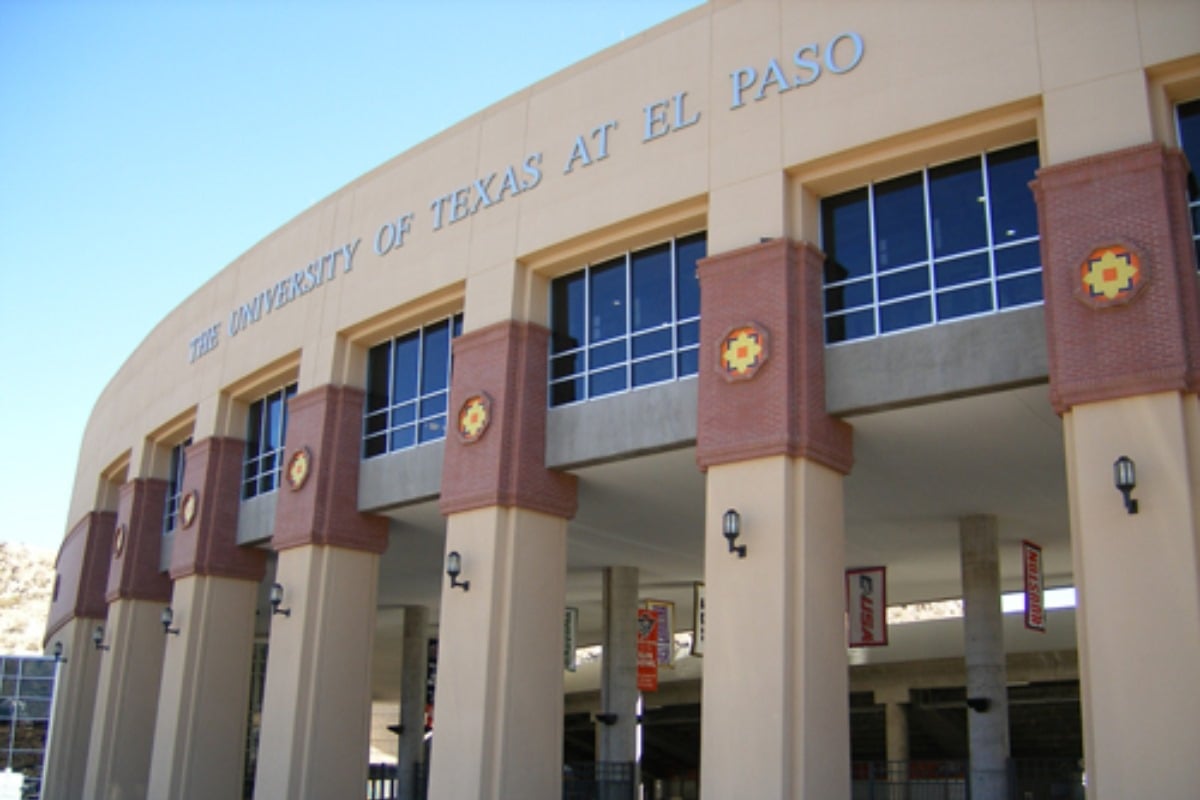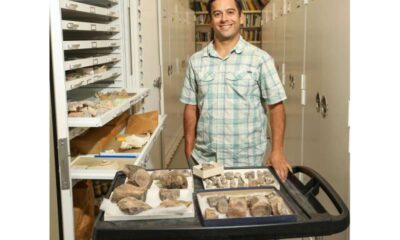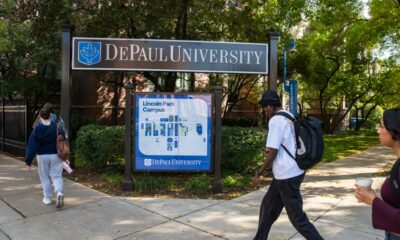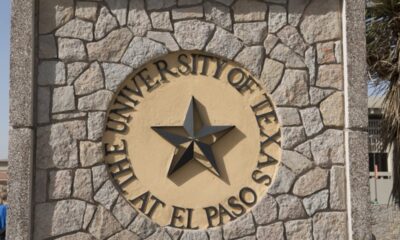Science
UTEP Secures $500,000 Grant to Bolster Nuclear Cybersecurity with AI

The University of Texas at El Paso (UTEP) has received a significant boost in its efforts to enhance cybersecurity at nuclear power plants, thanks to a grant of $500,000 from the U.S. Nuclear Regulatory Commission. This funding will support a project aimed at using artificial intelligence (AI) to strengthen the digital defenses of these critical facilities.
Leading the initiative are Sajedul Talukder, Ph.D., an assistant professor of computer science at UTEP, and Syed Bahauddin Alam, Ph.D., from the University of Illinois Urbana-Champaign (UIUC). Their collaborative approach seeks to address the increasing threats of cyber warfare that nuclear facilities face.
Innovative Cyber Defense Strategies
One of the key innovations in Talukder’s project involves transforming the traditional security model from a single perimeter to a multi-layered defense system. This “onion-like” setup ensures that each device and system within a nuclear plant has its own dedicated line of defense, making it significantly more difficult for cyber attackers to navigate the network if they breach the initial security measures.
Talukder’s team elaborated on this strategy, stating, “Instead of relying on one big perimeter defense, the system creates layers of security that make it far harder for attackers to move around if they ever get in.” This layered approach is complemented by an AI-driven monitoring system designed to detect and respond to suspicious activities in real-time. Additionally, the project will create a virtual replica of a nuclear plant’s key systems to rigorously test and enhance defenses against both existing and emerging cyber threats.
The shift from a reactive to a proactive cybersecurity posture represents a significant advancement in protecting nuclear facilities. Talukder remarked, “Together, these innovations shift nuclear cybersecurity from being reactive — waiting for attacks to happen — to being proactive. It’s an intelligent shield that adapts and evolves as quickly as the threats themselves.”
Impact on Education and Future Workforce
Beyond its technical advancements, this project is poised to serve as a vital training ground for students pursuing careers in cybersecurity. The grant will facilitate new opportunities for both undergraduate and graduate students at UTEP to engage in hands-on AI research, providing them with valuable experience that is highly sought after in today’s job market.
Ken Meissner, Ph.D., dean of the UTEP College of Engineering, emphasized the broader significance of the grant, stating, “For UTEP, this award places the University among an elite group of institutions helping to define the future of nuclear security and highlights our growing contribution to solving one of the nation’s toughest problems.”
With this funding, UTEP is not only enhancing the security of nuclear power plants but also nurturing the next generation of cybersecurity experts, ensuring that they are well-equipped to tackle the challenges posed by an increasingly digital world.
-

 Technology5 months ago
Technology5 months agoDiscover the Top 10 Calorie Counting Apps of 2025
-

 Technology3 weeks ago
Technology3 weeks agoOpenAI to Implement Age Verification for ChatGPT by December 2025
-

 Health3 months ago
Health3 months agoBella Hadid Shares Health Update After Treatment for Lyme Disease
-

 Health4 months ago
Health4 months agoAnalysts Project Stronger Growth for Apple’s iPhone 17 Lineup
-

 Health4 months ago
Health4 months agoErin Bates Shares Recovery Update Following Sepsis Complications
-

 Technology5 months ago
Technology5 months agoDiscover How to Reverse Image Search Using ChatGPT Effortlessly
-

 Technology3 months ago
Technology3 months agoElectric Moto Influencer Surronster Arrested in Tijuana
-

 Technology5 months ago
Technology5 months agoMeta Initiates $60B AI Data Center Expansion, Starting in Ohio
-

 Technology2 months ago
Technology2 months agoDiscover 2025’s Top GPUs for Exceptional 4K Gaming Performance
-

 Technology5 months ago
Technology5 months agoRecovering a Suspended TikTok Account: A Step-by-Step Guide
-

 Health5 months ago
Health5 months agoTested: Rab Firewall Mountain Jacket Survives Harsh Conditions
-

 Lifestyle5 months ago
Lifestyle5 months agoBelton Family Reunites After Daughter Survives Hill Country Floods




















